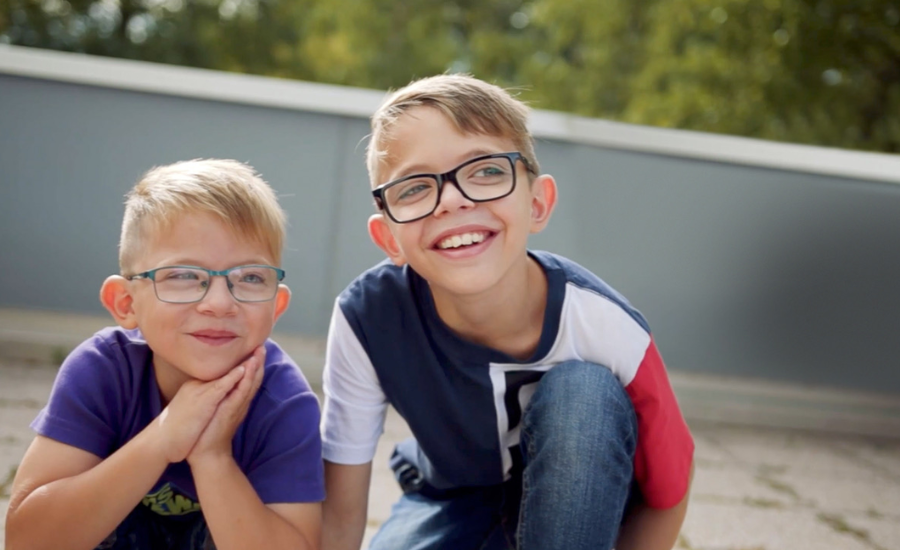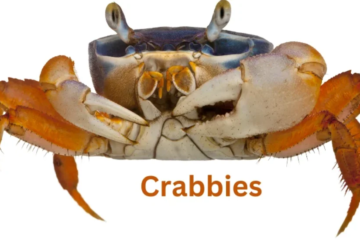Celebrities with noonan syndrome is a relatively rare genetic disorder that impacts a small fraction of the global population, estimated to affect between 1 in 1,000 to 1 in 2,500 individuals worldwide. This condition is known for its distinct facial features, short stature, heart defects, and other associated health challenges. Despite its rarity, there are notable celebrities who have been diagnosed with Noonan Syndrome. This article delves into the lives of these individuals, offering insights into their experiences navigating life with this genetic disorder and how they have managed its effects on their health and careers.
Famous People With Noonan Syndrome
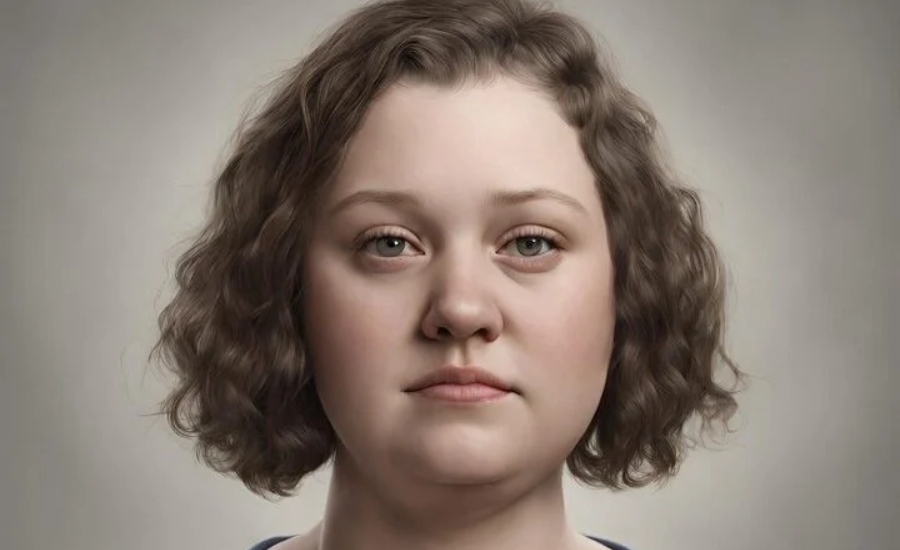
- Prevalence: Noonan syndrome affects approximately 1 in 2,500 individuals worldwide.
- Symptoms:
Distinctive facial features like a broad forehead, widely spaced eyes, and a short nose are common.
Individuals may also experience heart defects, skeletal abnormalities, and learning disabilities.
- Cause: Caused by mutations in genes crucial for bodily development.
- Diagnosis: Typically involves assessing physical traits and medical history; genetic testing confirms the condition.
- Treatment:
Focuses on managing symptoms rather than curing the syndrome.
Includes surgical interventions for heart defects, medications for learning challenges, and speech therapy.
- Prognosis: Varies based on the severity of symptoms; early diagnosis and effective management support a fulfilling life.
- Support: Support groups provide resources and emotional support to affected individuals and their families, promoting community awareness and acceptance.
- Research: Ongoing research aims to deepen understanding and refine treatment approaches for Noonan syndrome, advancing care practices globally.
Michaela DePrince
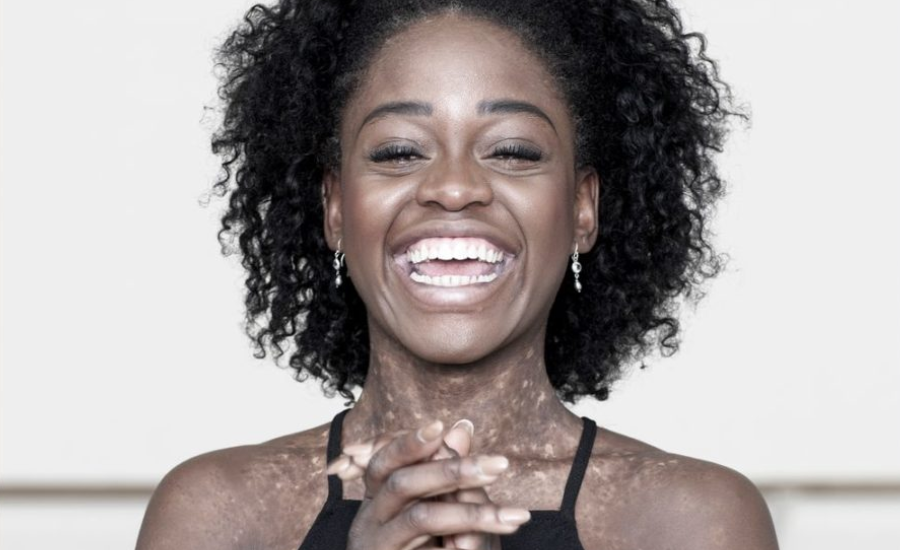
Michaela DePrince is a celebrated ballet dancer known for her exceptional talent and unwavering determination. Adopted from Sierra Leone at the age of four, she faced challenges later in life when diagnosed Celebrities with Noonan Syndrome. Despite encountering discrimination related to her race and disability, DePrince persevered and achieved remarkable success as a soloist with the Dutch National Ballet. Her journey has been highlighted in various publications and documentaries, showcasing her resilience and dedication to her craft.
Ben Stiller Celebrities with Noonan Syndrome.
Actor and comedian Ben Stiller is widely recognized for his talent and resilience despite being diagnosed with Noonan Syndrome at the age of 14. His openness about his experiences with the disorder has been commendable. In an interview with Parade magazine, Stiller revealed that he has faced numerous challenges, including multiple heart surgeries and learning disabilities. Despite these obstacles, he has not allowed his diagnosis to hinder his career aspirations. Stiller has achieved significant success as an actor, writer, and director, demonstrating his determination to pursue his passions and contribute meaningfully to the entertainment industry. His story serves as an inspiration to many, showcasing the power of perseverance and resilience in overcoming personal challenges.
Yorke Parkin
Yorke Parkin, a vibrant 14-year-old skier from Revelstoke, has a compelling story that goes beyond his adventures on the ski slopes. Despite living with Noonan Syndrome, Yorke faces unique challenges with unwavering determination. Supported by the Revelstoke Ski Club, he has devoted eight years to skiing, cultivating a deep passion for the sport and showcasing remarkable resilience in the face of adversity.
Yorke’s commitment is evident in his rigorous schedule: skiing four times weekly and dedicating three to four sessions to the gym. His enthusiasm extends to various Special Olympics sports, where his perseverance and dedication set him apart. Recently, Yorke achieved success at the Special Olympics BC Alpine Skiing Regional Qualifiers, securing a spot at the Provincial Games.
Beyond his athletic accomplishments, Yorke serves as an inspiring figure, defying expectations and embracing his capabilities despite the challenges posed by Noonan Syndrome. His journey embodies the essence of the Special Olympics, forging connections and celebrating personal narratives of strength and achievement.
Lizzie Armour
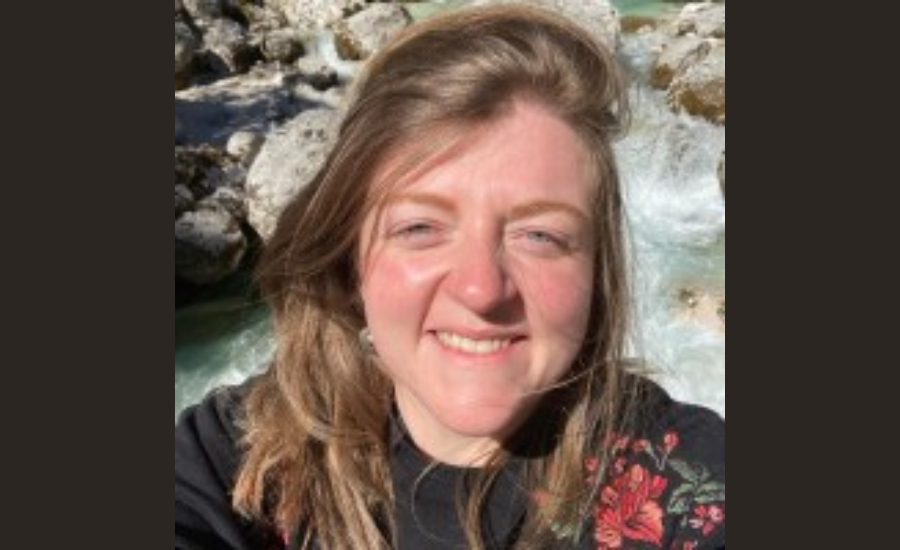
Lizzie Armour, now in her mid-40s, shares a poignant journey of resilience while living with Noonan Syndrome. Early in life, she confronted significant health hurdles, including a congenital heart defect. Despite these challenges, Lizzie’s determination and her family’s steadfast support have empowered her to lead an active and fulfilling life.
Standing at 4 feet 11 inches tall, Lizzie exemplifies resilience through her participation in marathons and her active involvement in a running group. Her parents, Diana and Chris, navigated the uncertainties of Lizzie’s health journey during her formative years, which included delayed growth and various medical complexities. Their unwavering optimism and support played a pivotal role in Lizzie’s growth and development.
Despite these ongoing challenges, her parents maintained a hopeful outlook, and Lizzie’s strength and determination flourished as she matured. Together, the family tackled the complexities associated with Noonan Syndrome, persistently seeking solutions to support Lizzie’s overall well-being and progress.
Josiah Ives’ Unforgettable Day
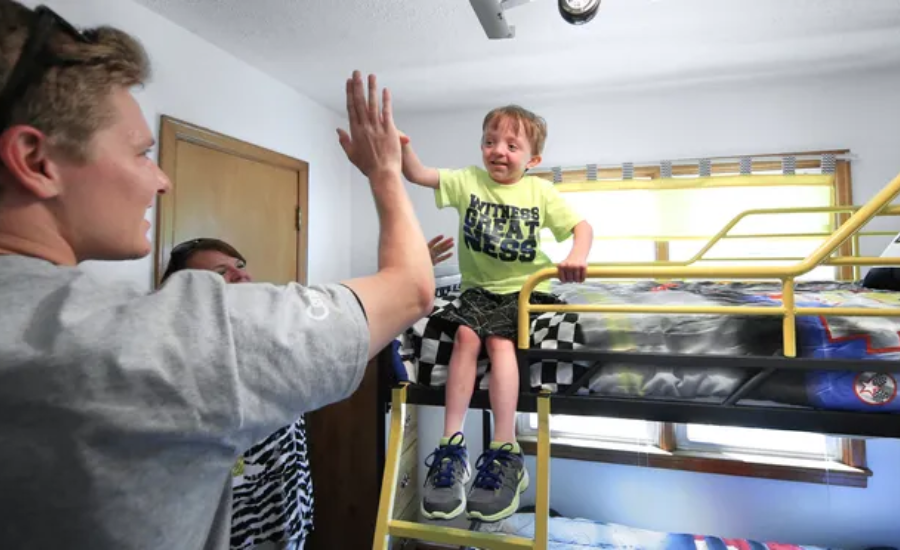
Five-year-old Josiah Ives, who lives in Indianapolis and has Noonan Syndrome, had an unforgettable experience at the 500 Festival Parade alongside race-car driver Josef Newgarden.
When Josiah returned home, he found his bedroom transformed into a racing-themed paradise, thanks to Century 21 Real Estate, Easter Seals, and Carpenter Fisher Hartman Racing collaborating on the surprise.
Josiah, a devoted racing fan, warmly welcomed Josef Newgarden and received a personalized autograph on his newly upgraded race car bunk bed. This touching gesture not only demonstrated the community’s support but also created lasting memories for Josiah on his special day despite the challenges posed by Noonan Syndrome.
Robin Roberts’ Advocacy for Bone Marrow Donation
Robin Roberts, esteemed morning news anchor and host of “Good Morning America,” confronted myeloid dysplastic syndrome (MDS) after undergoing treatment for breast cancer. This condition disrupts the normal process of blood cell development in the bone marrow, necessitating a bone marrow transplant as part of her treatment.
She passionately advocated for bethematch.org, urging people to register as bone marrow donors to help those in need. In a candid interview with ABC, Roberts bravely shared, “Today marks the start of pre-treatment – chemotherapy before a bone marrow transplant later this year. I’m fortunate to have a sister who is a suitable match, significantly enhancing my chances of recovery.”
Roberts underscored the critical importance of organ donation, reflecting on her recent conversations with Mark Zuckerberg on the subject. Her advocacy has resonated widely, inspiring many to consider registering as bone marrow donors and offering support to individuals navigating similar health challenges.
Support for Jakob-Anthony Handley’s Medical Journey
Jakob-Anthony Handley, a 13-year-old from South Surrey, is receiving heartfelt community support as he prepares for a significant medical appointment in Calgary. His mother, Katie Handley, reached out for help with travel expenses, prompting a touching response from the community. They donated bottles and cans to ease financial burdens, covering most of the gas costs associated with the journey.
The upcoming surgery is crucial for Jakob-Anthony as it addresses his droopy eyelid, a prominent symptom of Noonan syndrome. If left untreated, this condition could potentially lead to vision impairments and even blindness. Noonan syndrome also presents with distinctive facial features, heart issues, blood clotting problems, and growth challenges.
The community’s support means a lot to the Handley family as they navigate an uncertain path ahead, which may involve additional heart surgeries.
J.R. Martinez
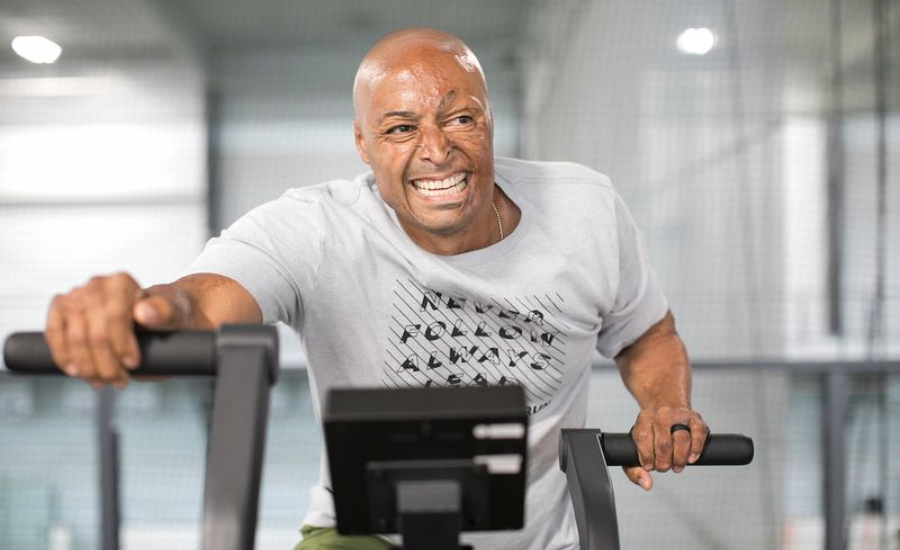
J.R. Martinez is a multifaceted personality known for his roles as an actor, motivational speaker, and former U.S. Army soldier who was diagnosed with Noonan Syndrome early in life. Despite facing numerous challenges, including multiple heart surgeries and experiences with bullying, Martinez has courageously shared his journey with the disorder. His openness has not only inspired many but also propelled him to success in the entertainment industry. Martinez’s acting career includes notable appearances on popular shows like “All My Children” and his memorable stint on “Dancing with the Stars,” where his resilience and charisma endeared him to audiences worldwide.
FAQs about Celebrities with Noonan Syndrome.
What is Noonan Syndrome?
Noonan Syndrome is a genetic disorder that affects various aspects of bodily development, including facial features, heart function, and skeletal structure.
How common is Celebrities with Noonan Syndrome?
Noonan Syndrome is relatively rare, impacting approximately 1 in 1,000 to 1 in 2,500 individuals worldwide.
What are the symptoms of Noonan Syndrome?
Symptoms can include distinctive facial features (broad forehead, widely spaced eyes, short nose), heart defects, skeletal abnormalities, and learning disabilities.
What causes Noonan Syndrome?
Noonan Syndrome is caused by mutations in genes critical for normal development before birth.
How is Noonan Syndrome diagnosed?
Diagnosis typically involves assessing physical traits, medical history, and often genetic testing to confirm the condition.
Conclusion
Noonan Syndrome presents unique challenges to those affected, impacting various aspects of health and development. Despite its complexities, individuals like Michaela DePrince, Ben Stiller, and others featured in this article have demonstrated remarkable resilience and achievement in their respective fields. Their stories highlight not only the challenges but also the possibilities for living a fulfilling life with Noonan Syndrome.
Advancements in medical research and increased awareness are crucial in improving diagnosis, treatment, and support for individuals with Noonan Syndrome globally. Through advocacy, community support, and ongoing research efforts, we can continue to enhance understanding and care practices, ensuring that individuals with Noonan Syndrome can thrive and contribute to society in meaningful ways.
Stay in touch for more updates and alerts: Webcord Virus!
